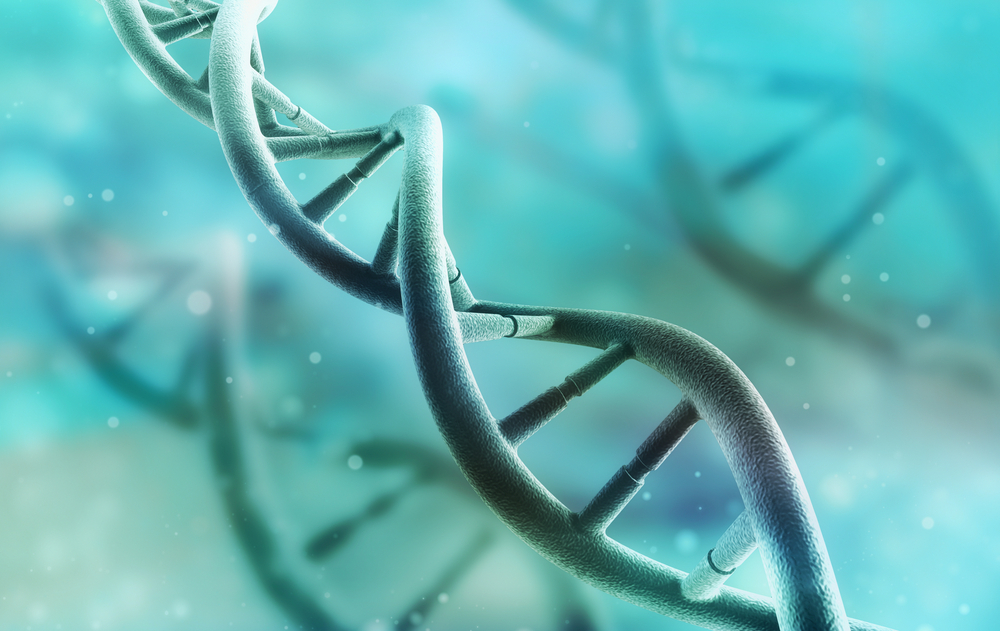Study of Gene Therapy for Severe Hemophilia A to Resume Enrolling Patients in UK

The Medicines and Healthcare Products Regulatory Agency (MHRA) for the U.K. has approved the resumption of patient enrollment in BioMarin Pharmaceuticals’ Phase 1/2 clinical trial evaluating the investigational gene therapy BMN 270 as a treatment for severe hemophilia A.
BioMarin suspended patient dosing in the trial in June because of increasing levels of alanine aminotransferase (ALT) — a biomarker of hepatocyte injury — observed in the first nine patients given the gene therapy. The increases surpassed a pre-specified limit set in the trial’s protocol.
BioMarin and the regulatory agency examined efficacy and safety data on those nine patients, all adults, and the MHRA made the decision to resume patient enrollment, planned to begin by year’s end, the company announced in a press release. In addition, the MHRA agreed with BioMarin’s revisions to the protocol, which involved removing the requirement for preventive corticosteroid treatment and increasing possible enrollment to six additional adult patients from three.
Based on the revisions, three patients will be infused with BMN 270 at 4 x 1013 vg/kg, and another three — if enrolled — will be infused with either that dose or the previous 6 x 1013 vg/kg dose. In these additional patients, the requisite for preventive, or prophylactic, corticosteroid treatment has been removed, and the level for starting corticosteroid treatment increased. Safety and efficacy data from these patients will inform the Phase 2b trial expected to start in mid-to late 2017.
“We are pleased that MHRA has approved the resumption of enrollment of the BMN 270 study, as well as the study amendments. We believe that the amendments will allow us to optimize the design of a robust Phase 2b clinical trial, which potentially could support an accelerated approval by health authorities,” said Hank Fuchs, MD, chief medical officer at BioMarin. “We are grateful to the patients who are participating in this current study, and are encouraged by the results so far for this Phase 1/2 trial.”
The Phase 1/2 clinical trial (NCT02576795) is evaluating the efficacy and safety of escalating doses of BMN 270 in up to 15 patients with severe disease (defined by the WFH as less than 1% of the blood clotting factor VIII). The trial’s primary endpoints include the safety of a single intravenous infusion of BMN 270 (number of treatment-related adverse events), and the change from baseline in factor VIII expression levels after 16 weeks.
The kinetics, duration, and magnitude of AAV-mediated factor VIII activity in patients will be determined and correlated to an appropriate BMN 270 dose. Patients will be monitored for five years for safety and treatment durability. The study is being conducted at eight clinical sites across the United Kingdom.
In July, the BioMarin presented positive interim results of this study to the XXXII International Congress of the World Federation of Hemophilia (WFH), showing that patients with severe disease treated with BMN 270 had improved and showed sustained clotting function.
BMN 270, a recombinant AAV vector coding for human-coagulation factor VIII, is an investigational gene therapy for hemophilia A. In mouse models of hemophilia A, BMN 270 restored factor VIII plasma concentrations to levels projected to be adequate for normal clotting in humans.






